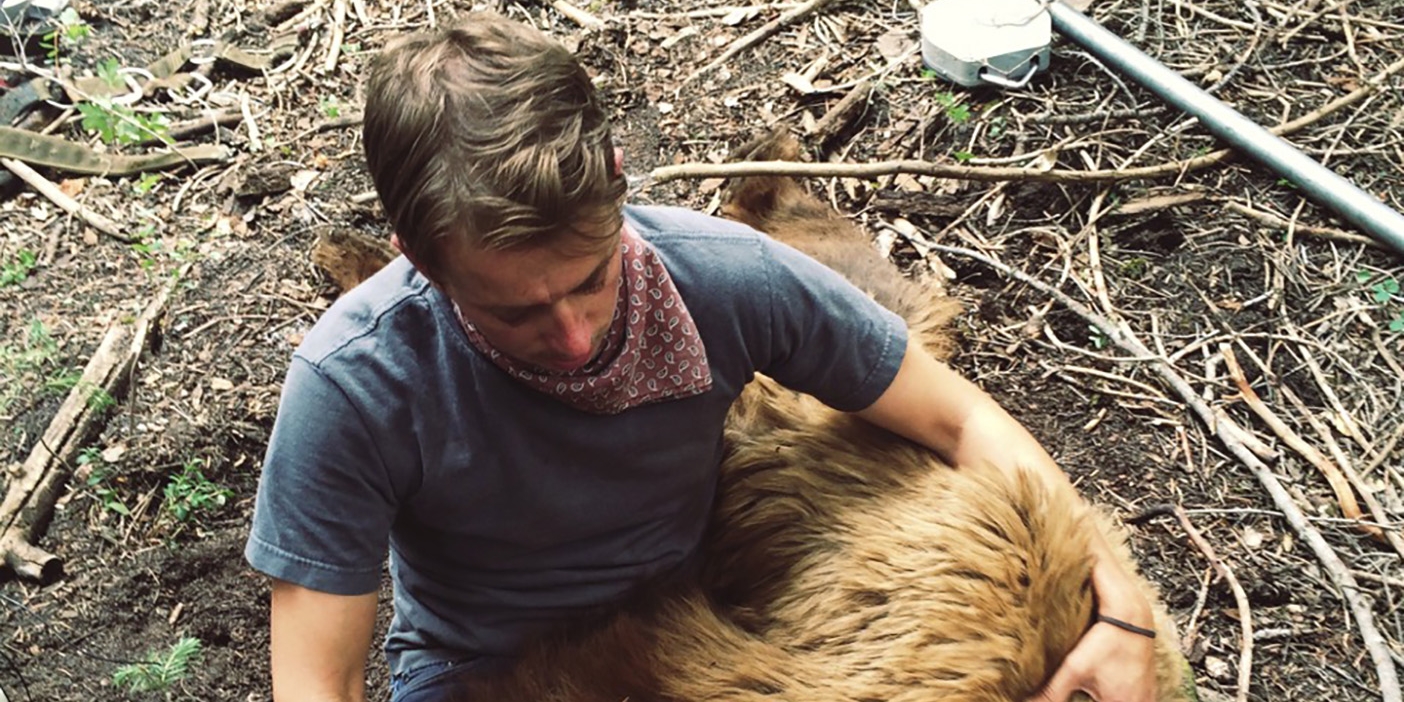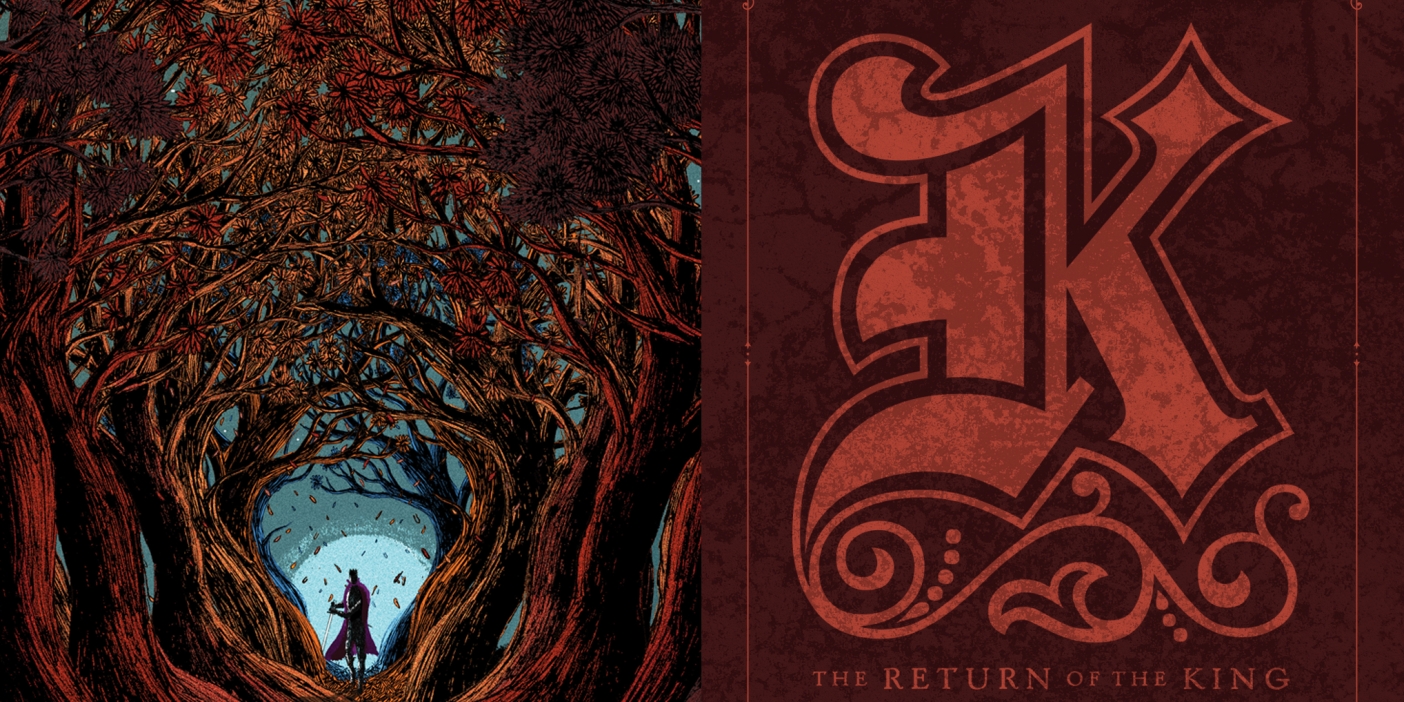Susa Young Gates was a steady servant for women, the Church, and BYU.
If all you knew of this year’s Homecoming honored founder, Susa Young Gates, was that eight of her 13 children died before adulthood, you would already have a sense of her courage and faith in the face of struggle and heartache. But it would not tell you that this daughter of Lucy Bigelow Young and Brigham Young, despite other hardships, ranging from a contested divorce to a nervous breakdown, had the vision and energy to become, among other things, a trustee of BYU; a prolific writer for Church magazines and manuals as well as of fiction and poetry; a committed advocate of women’s education, suffrage, and achievements; an organizer of genealogical societies and research; and a missionary and temple worker. Having often sat in council with many Church leaders, Gates was courageous in saying what needed to be said and doing what needed to be done, which is why Go with Courage has been chosen as the theme for BYU’s Homecoming 2016 celebrations.
After receiving an education in music, dance, and letters, Susa entered the University of Deseret at age 13 and became an associate editor of its newspaper at 14. A gifted stenographer, she acted as a secretary to Brigham Young and recorder for Church conferences and even the St. George Temple dedication. She married at 16 and had two children. But her marriage to her husband, an alcoholic, ended in a painful divorce at about the same time her beloved father died. She rebounded by moving to Provo and attending Brigham Young Academy, where she directed a choir and founded the departments of music and domestic science. She served for many years on the BYU Board of Trustees, where she continued to shape the university’s development.
While visiting Hawaii she became reacquainted with Jacob Gates, whom she married in 1880; they returned there to serve a four-year mission a few years later. She devoted herself to raising her children, writing, and advocating for women’s issues. She founded, edited, and wrote prolifically for both the Young Woman’s Journal and the Relief Society Magazine. She also founded the Utah Woman’s Press Club and became press chair of the National Council of Women.
“Keep busy in the face of discouragement.” —Susa Young Gates
Gates wanted women to value themselves and their abilities and to have a positive influence wherever they could. Gates herself was assertive and self-reliant, and her leadership as an advocate for women led her to speaking engagements as far afield as Rome and London, where she was invited to tea with Susan B. Anthony and Queen Victoria.
Gates’s demanding regimen of work, considering the energy she also devoted to her family and perhaps to grieving the loss of so many children, was unsustainable. Around 1900 she suffered a nervous breakdown and collapse of health so severe it was feared she might not live, but a blessing promised that she’d yet do temple work.
Refocused and spiritually renewed after a three-year convalescence, Gates turned her attention fully to temple work and her own family history, writing genealogical columns, instructional research manuals, and indexes so that others could benefit from her expertise.
Gates died in 1933, having lived by her own motto: “Keep busy in the face of discouragement.”












